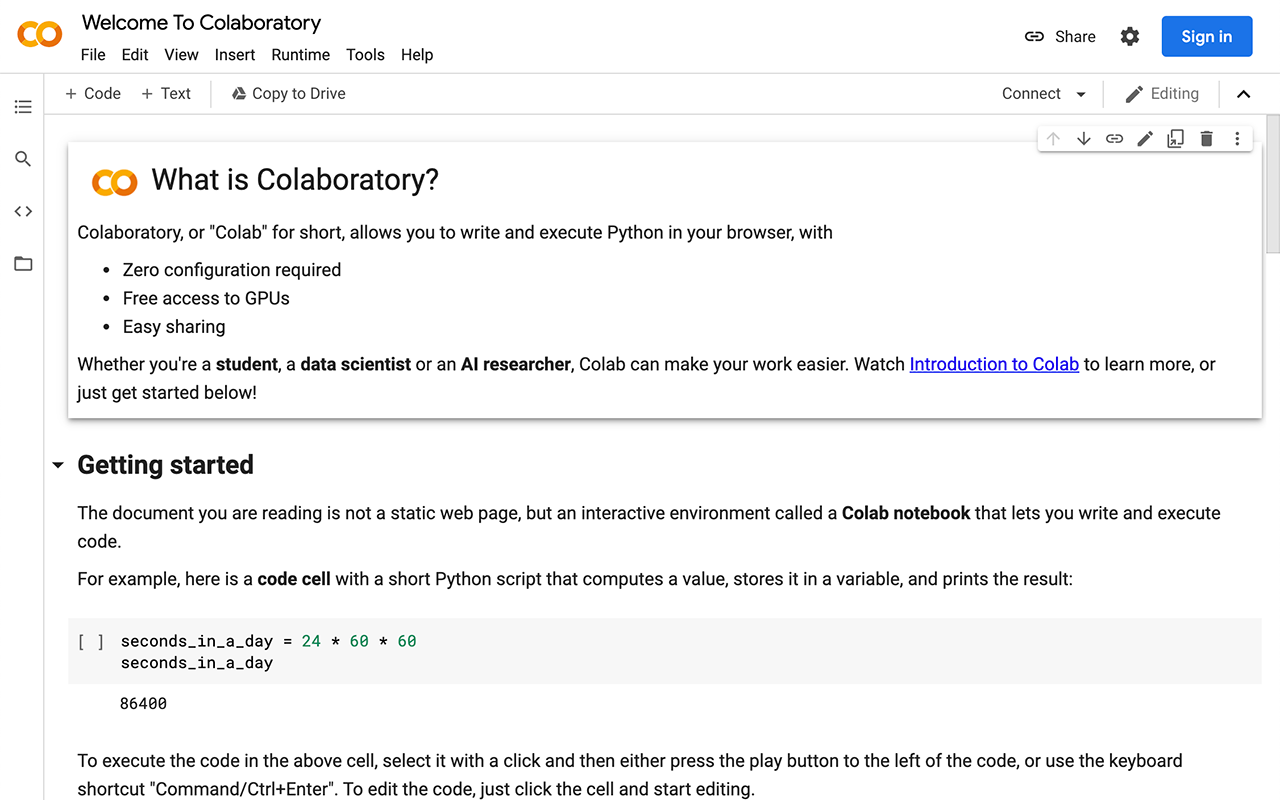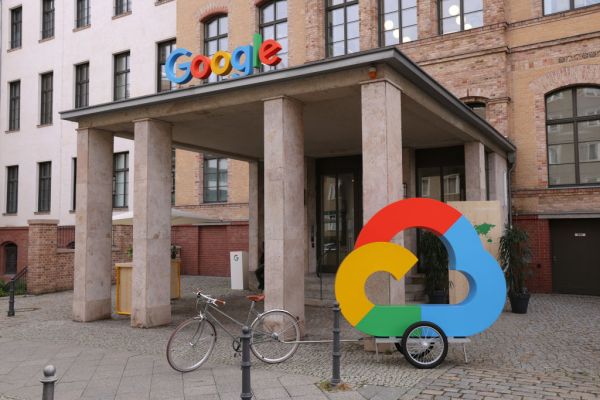Google Colaboratory (Colab for short), Google’s service designed to allow anyone to write and execute arbitrary Python code through a browser, including code to run AI apps, is gaining an enterprise tier.
Called Colab Enterprise, the new offering combines Colab notebooks — the environment where developers write Python code — with what Google describes as “enterprise-level security” and “compliance support capabilities.”
While the free and individual paid Colab plans let users run Python code on a range of Google’s cloud-hosted hardware, including its TPU AI accelerator chips, Colab Enterprise provides access to the “full range” of capabilities in Vertex AI, Google’s managed AI service, in addition to integration with Google’s BigQuery platform for data extraction.
Colab Enterprise customers can tap prebuilt machine learning models in Vertex AI’s model library, Model Garden, plus a range of model fine-tuning tools, data science tooling and compute resources for training, testing and deploying models.
Via the BigQuery integration, Colab Enterprise users can start a notebook in BigQuery to explore and prep data, then open that same notebook in Vertex AI to continue their work with expanded infrastructure and tooling. Notebooks can be shared across team members and environments, a point Gerrit Kazmaier, the VP and GM of data and analytics at Google Cloud, emphasized to me in a phone interview.

Image Credits: Google
“No one works alone — there’s collaboration across data teams happening quite normally,” he said. “[Colab Enterprise] gives customers the ability to work together with co-workers on a shared notebook. That’s a big part of the experience.”
The rollout of Colab Enterprise comes as the corporate appetite for AI shows no signs of waning. In a recent Insight Enterprises survey, 72% of respondents said that they want AI incorporated into their business within the next three years. A separate poll from CNBC found that, for nearly half (47%) of companies, AI is their top priority of tech spending over the next year.
Google, keen to monetize the AI trend, has slowly transitioned Colab from an experiment to a fully featured paid product mainly aimed at individual developers and small data teams — until now. Spun out of an internal Google Research project in late 2017, Colab gained a premium option in 2020 and a pay-as-you-go plan last year. The free tier remains.
Colab has become the de facto digital breadboard for demos within the AI research community — it’s not uncommon for researchers who’ve written code to include links to Colab pages on or alongside the GitHub repositories hosting the code.
“In a nutshell, [Colab Enterprise delivers] on a lot of the enterprises’ expectations — all of the terms of service agreements to basically all the guarantees that an enterprise needs for governance [and] compliance” Kazmaier said. “Customers can buy, consume and use it as an enterprise product. The ‘Colab Enterprise’ name kind of gives it away — we’ve worked on basically adding in all of the abilities to be a Google Cloud enterprise product.”

